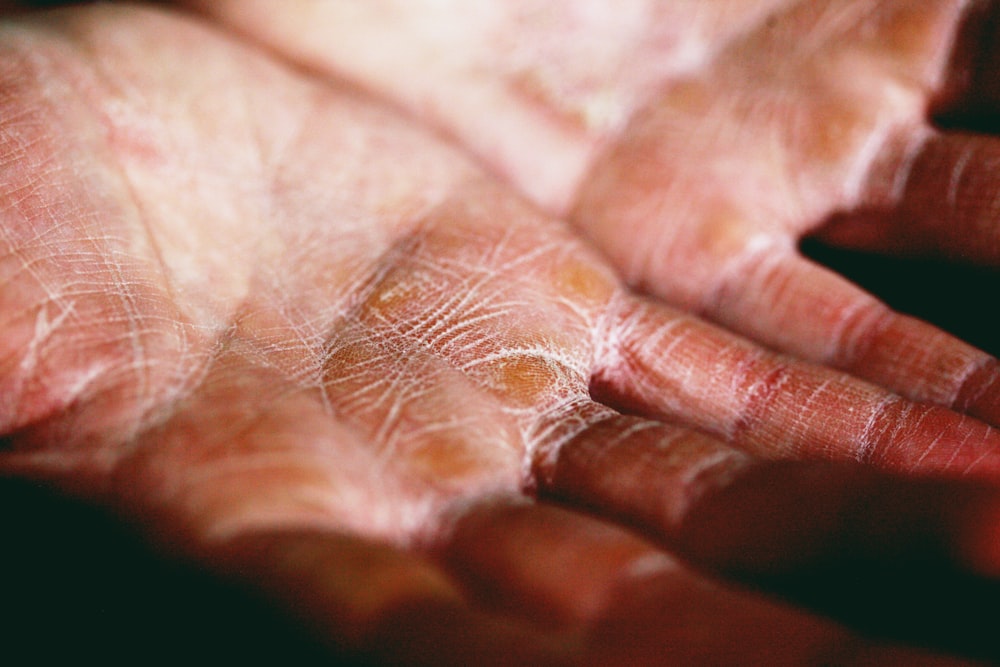
Understanding Genital Eczema: Causes and Symptoms
Genital eczema, though less commonly discussed than other forms of eczema, can be a distressing condition for those affected. It typically presents as red, itchy, and inflamed skin in the genital area, including the vulva, penis, scrotum, and surrounding areas. The exact cause of genital eczema is not always clear, but factors such as genetics, allergies, irritants, and hormonal changes may play a role.
Diagnosis and Differential Diagnosis
Diagnosing genital eczema often involves a thorough medical history and physical examination by a healthcare professional. They may also perform additional tests, such as skin biopsies or allergy testing, to rule out other potential causes of genital symptoms. It’s essential to differentiate genital eczema from other conditions that can cause similar symptoms, such as sexually transmitted infections or contact dermatitis.
Treatment Options for Genital Eczema
Treatment for genital eczema aims to alleviate symptoms and reduce inflammation in the affected area. Topical corticosteroids are commonly prescribed to help relieve itching and inflammation. Moisturizers and emollients can also help to hydrate the skin and restore its natural barrier function. In some cases, oral antihistamines may be recommended to help control itching.
Managing Triggers and Avoiding Irritants
Identifying and avoiding triggers is an essential part of managing genital eczema. Common triggers include synthetic fabrics, harsh soaps and detergents, tight-fitting clothing, and certain foods or beverages. It’s essential to choose gentle, hypoallergenic products for washing and moisturizing the genital area and to wear loose-fitting, breathable clothing made from natural fibers.
Lifestyle Modifications and Self-Care
In addition to medical treatment, certain lifestyle modifications and self-care strategies can help manage genital eczema symptoms. Taking short, lukewarm baths or showers and patting the skin dry gently with a soft towel can help prevent further irritation. Avoiding scratching or rubbing the affected area can also help prevent worsening symptoms and potential infection.
Seeking Support and Guidance
Living with genital eczema can be challenging, both physically and emotionally. It’s essential for individuals affected by this condition to seek support and guidance from healthcare professionals, support groups, or online communities. Talking openly about genital eczema with a healthcare provider can help ensure proper diagnosis and treatment and provide reassurance and support.
Addressing Psychological Impact
Genital eczema can have a significant psychological impact on affected individuals, leading to feelings of embarrassment, shame, and self-consciousness. It’s crucial to address these psychological effects and seek support from mental health professionals if needed. Open communication with partners about genital eczema and its impact on intimacy can also help maintain healthy relationships.
Long-Term Management and Follow-Up
While genital eczema can be managed effectively with proper treatment and self-care, it may require long-term management and regular follow-up with a healthcare provider. Monitoring symptoms, adjusting treatment as needed, and addressing any new concerns or complications promptly can help individuals affected by genital eczema maintain optimal skin health and overall well-being.
Educating Others and Raising Awareness
Increasing awareness and understanding of genital eczema is essential for reducing stigma and promoting compassionate care for those affected. Educating others about the condition, its symptoms, and its impact can help foster empathy and support within communities and healthcare settings. By sharing experiences and information about genital eczema, individuals can help break down barriers and advocate for better care and resources.
Advocating for Comprehensive Care
Ultimately, advocating for comprehensive care for genital eczema involves addressing both medical and psychosocial aspects of the condition. By prioritizing holistic approaches to treatment and support, healthcare providers, individuals affected by genital eczema, and their allies can work together to improve outcomes and quality of life for all.









